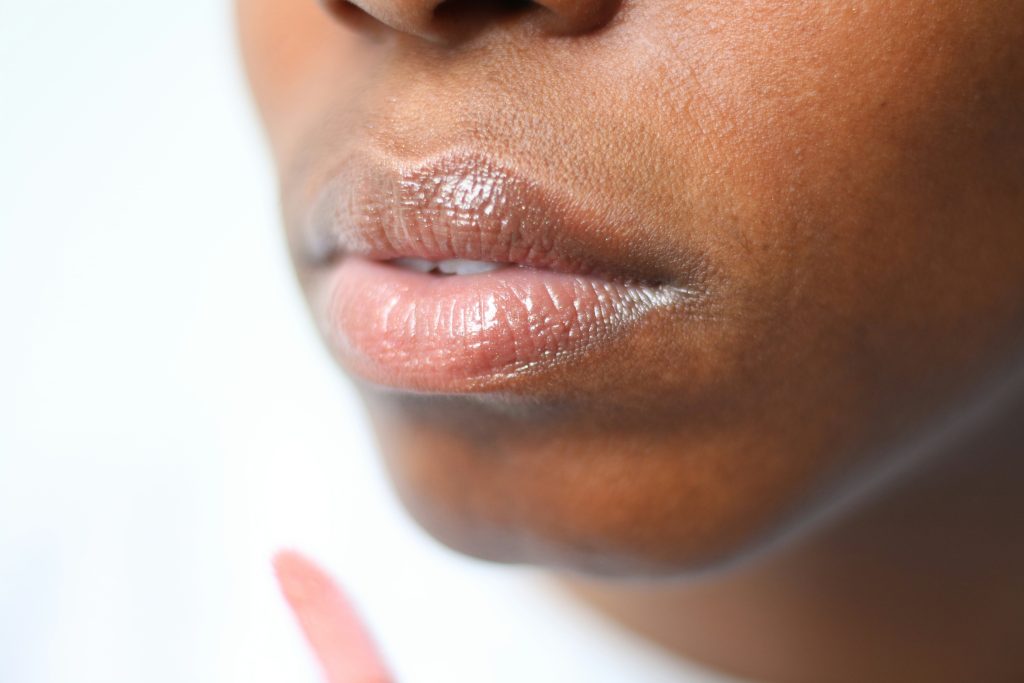In recent years, cosmetic procedures have become increasingly popular in the UK. From Botox to fillers, many people are seeking ways to enhance their appearance.
However, the rise of these treatments has brought about concerns regarding safety and regulation. The UK government is now taking steps to crack down on unregulated cosmetic procedures to ensure the public’s health and safety.
The Problem with Unregulated Procedures
Unregulated cosmetic procedures pose significant risks to individuals. Many treatments are being carried out by unqualified practitioners who lack the necessary training and skills. This can lead to serious complications such as infections, disfigurement, and even long-term health problems.
The lack of regulation has also allowed for a surge in “pop-up” clinics and non-medical settings offering these treatments. This creates a dangerous environment where standards are not maintained, and the well-being of patients is compromised.
The Need For Government Intervention
The UK government is determined to address these issues by introducing stricter regulations for cosmetic procedures.
The goal is to protect the public from the dangers associated with unqualified practitioners and unsafe treatments. By implementing these measures, the government aims to create a safer environment for anyone seeking cosmetic enhancements.
Qualifications May Be Required For Administering Cosmetic Treatments
One of the key aspects of the government’s plan is to require all practitioners performing cosmetic procedures to have proper qualifications. This means that only those with certified training and expertise will be allowed to carry out treatments such as Botox, dermal fillers, and other non-surgical enhancements.
Currently, many cosmetic procedures are being performed by individuals with little to no medical training. The new regulations will ensure that only qualified professionals, such as doctors, nurses, and dentists, can offer these services.
The Role of Dentists To Perform Treatments
Dentists are emerging as popular choices for performing cosmetic procedures, particularly those involving the face. Their extensive knowledge of facial anatomy and medical training make them well-suited for treatments like Botox and fillers.
With the new regulations, dentists will need to undergo additional training specific to cosmetic procedures. This ensures that they are fully equipped to perform these treatments safely and effectively. The government’s focus on qualification will help to build trust in the industry and reassure the public that they are in capable hands.
There are also a number of thriving beauty salons such as Cobham Beauty that have medical practitioners and dentists that oversee the cosmetic work, giving customers that extra bit of confidence and safety.
Statistics Highlighting the Issue of Unregulated Procedures
The need for regulation is evident when looking at the numbers. A recent survey found that 68% of people who received cosmetic procedures in the UK did not check if their practitioner was qualified. This alarming statistic highlights the lack of awareness and the potential risks involved.
Furthermore, reports have shown a 12% increase in the number of complaints related to botched cosmetic procedures over the past year. These figures underline the urgency for stricter regulations to protect the public from harm.
Conclusion
The UK government’s initiative to crack down on unregulated cosmetic procedures is a crucial step towards ensuring public safety. By enforcing qualifications and training requirements, the government aims to reduce the risks associated with these treatments.
Dentists, with their medical expertise, are becoming a preferred choice for delivering cosmetic procedures. However, they too will need to adhere to the new standards to guarantee safe and effective outcomes.
As the government continues to work on implementing these regulations, the hope is that the cosmetic industry will become safer and more reliable for everyone.
